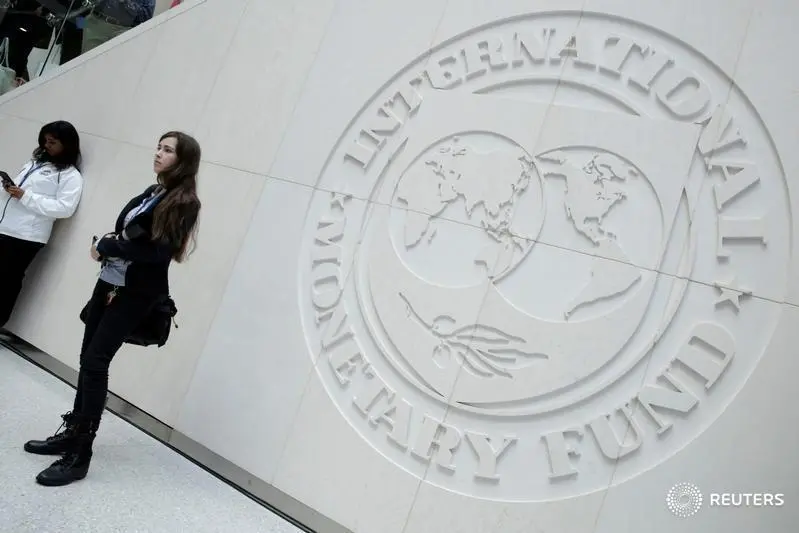PHOTO
KAMPALA- Uganda's economy will expand at 3.8% in the 2021/2022 (July-June) fiscal year from a previous projection of 4.3%, the IMF said in a statement late on Tuesday, after measures taken to curb the spread of COVID-19 undermined growth.
The east African country implemented some of Africa's toughest steps to contain the spread of the coronavirus, including closing borders, schools and businesses and banning entertainment.
As a result, Uganda has recorded a relatively low fatality rate from the pandemic.
The economic impact "has however implied a lower growth rebound," the IMF said, with GDP expanding at 3.8% from the 4.3% it expected in a June forecast.
In January, the government fully re-opened the economy, but the IMF said the impact of lockdown measures would linger, "with deep scars on human capital potentially persisting over the medium term".
Uganda also needed to limit public spending to help contain public debt, it said.
Uganda's total public debt jumped 27.4% to $19.5 billion in June last year from $15.3 billion a year before, most of it borrowed to build big infrastructure projects, including power plants and roads, the finance ministry said.
"Returning to the programmed fiscal consolidation path remains essential to keep debt sustainable while creating more space for private sector credit," the IMF said.
The country also needed to further loosen its monetary stance to cushion some businesses as the central bank winds down support programmes instituted to prop up businesses during the pandemic, the IMF said.
(Reporting by Elias Biryabarema; editing by Barbara Lewis)




















